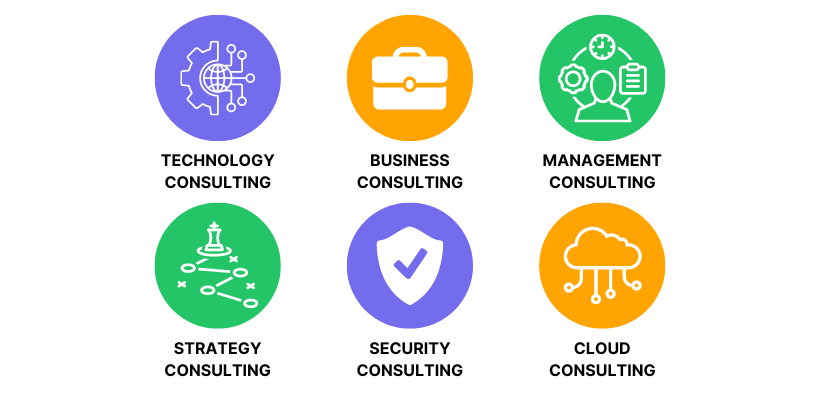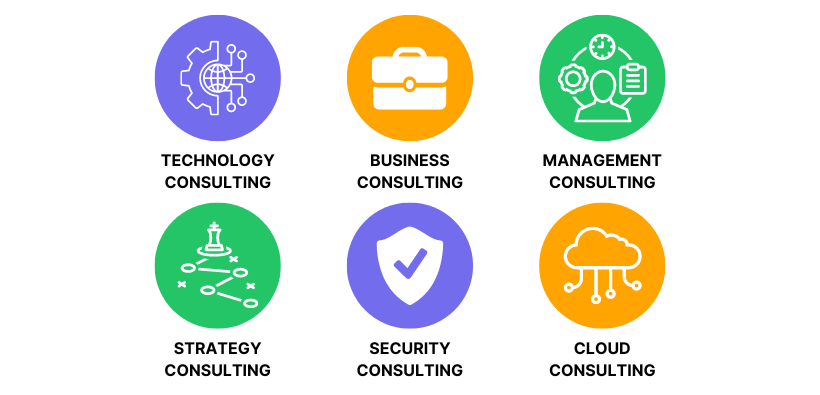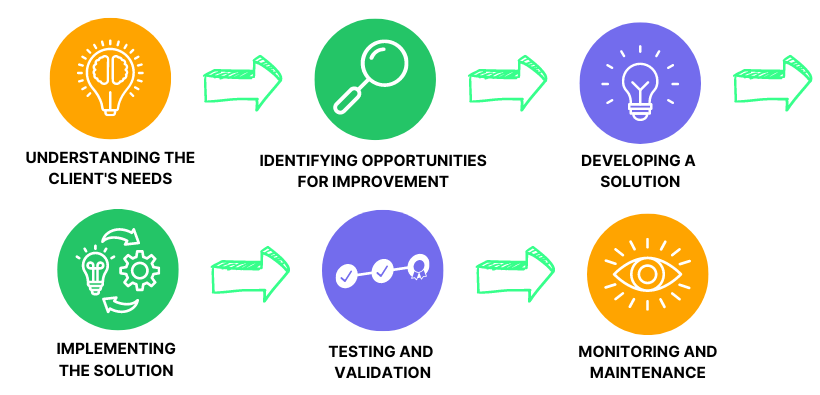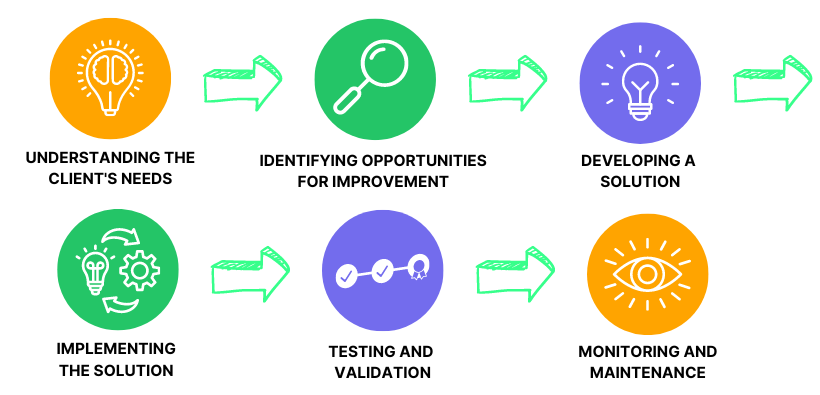IT consulting has become increasingly important in today's business environment, as companies rely more and more on technology to achieve their goals. IT consultants are experts in the field who are called upon to provide solutions to complex IT problems. They work closely with businesses to understand their needs, identify their IT pain points, and recommend appropriate solutions to optimize their IT environment.
The IT consulting process involves several stages, including the initial consultation, assessment and analysis, developing and presenting solutions, implementation, and monitoring and evaluation. The initial consultation involves understanding the client's needs, while the assessment and analysis stage involves analyzing the IT environment and identifying areas of improvement. Developing and presenting solutions involves designing and presenting appropriate solutions to the client, while implementation involves executing the solutions. Monitoring and evaluation involve assessing the effectiveness of the solutions and making necessary adjustments.
Analyzing Business Requirements
The first step in IT consulting is analyzing business requirements. IT consultants work with businesses to understand their goals, objectives, and pain points. They analyze the business requirements and identify areas where technology can be used to improve efficiency, productivity, and profitability.
Developing Strategies
Once the business requirements have been analyzed, IT consultants develop strategies to achieve the desired outcomes. They identify the best technologies and processes to achieve the goals of the organization. IT consultants must have a broad range of technical and business skills to effectively advise clients and provide recommendations.
Designing IT Systems
After the strategies have been developed, the IT consultants will design IT systems to support the business objectives. The design of the IT systems will take into account the business requirements, budget, and existing IT infrastructure. IT consultants will work with businesses to select appropriate hardware, software, and network solutions to optimize the IT environment.
Implementing Solutions
Once the IT systems have been designed, the IT consultants will work with businesses to implement the solutions. They will oversee the installation of the hardware, software, and network solutions. The IT consultants will ensure that the solutions are properly configured and integrated into the existing IT infrastructure.
Monitoring Performance
The final stage in IT consulting is monitoring performance. IT consultants will monitor the performance of the IT systems to ensure that they are functioning as intended. They will make any necessary adjustments to optimize the performance of the systems. IT consultants will also provide ongoing support to ensure that the systems continue to meet the needs of the business.









